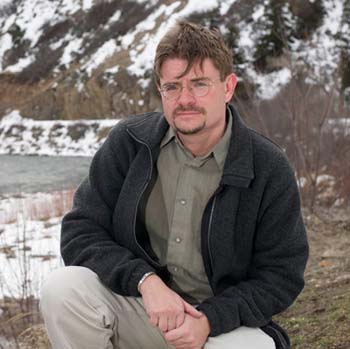ASPEN – Amid soaring fuel costs and diminishing world oil supplies, former Federal Reserve Chairman Alan Greenspan warned Thursday that the nation needs to develop alternative energy sources or risk dire economic consequences.
Greenspan called for a mixture of solutions, from plug-in hybrid cars to ethanol to nuclear power, to diminish the country’s reliance on foreign oil.
“If the world oil industry were to get into very serious difficulty, its impact on the world economic system would be very difficult to absorb,” said Greenspan, addressing a crowd at the Aspen Institute’s Aspen Ideas Festival.
The annual festival draws luminaries to the Aspen campus of the Washington-based think tank, headed by Walter Isaacson, former chief executive of CNN.
Greenspan’s comments came a day after oil prices reached a record high, pushing above $75 a barrel on the New York Mercantile Exchange.
His comments largely echoed testimony he made to the Senate Foreign Relations Committee a month ago in his first Capitol Hill appearance since stepping down after nearly 19 years as Fed chief.
In that speech, he warned that the nation’s reliance on foreign oil could have damaging economic consequences because of U.S. reliance on unfriendly nations and vulnerability to terrorists.
Greenspan underscored those fears Thursday, warning that many oil-rich countries seem too preoccupied with their oil profits to worry about the impact of surging prices or diminishing supplies.
But high prices have helped reduce demand for crude oil, which Greenspan characterized as a positive.
Worse than the price at the gas pump is the price the country has paid in its foreign policy to protect oil reserves, said Greenspan, adding that he supported the Iraq war because of the role it played in preventing Saddam Hussein from controlling a key oil shipping route.
Greenspan also sounded alarms about dwindling natural-gas supplies and the dangers posed by global warming.
He called for a range of solutions, including developing hybrid-fuel cars with rechargeable plug-in batteries and developing crops of switchgrass as a rich source of ethanol, a solution President Bush mentioned in his State of the Union address.
Greenspan said the nation may also need to develop more nuclear facilities and import more natural gas.
Pacing like a college professor as he spoke to hundreds gathered under the Benedict Music Tent, and introduced by his wife, NBC journalist Andrea Mitchell, Greenspan struck chords long shared by conservationists wary of depleting world oil reserves.
But some feared his reliance on market solutions wouldn’t address the problems quickly enough.
“Frankly, I was disappointed,” said Randy Udall, director of the Aspen-based Community Office on Resource Efficiency, which focuses on renewable energy issues. “I would never say this about him in the economic arena, but I think in the energy arena he is Pollyanna-ish and clueless.”

